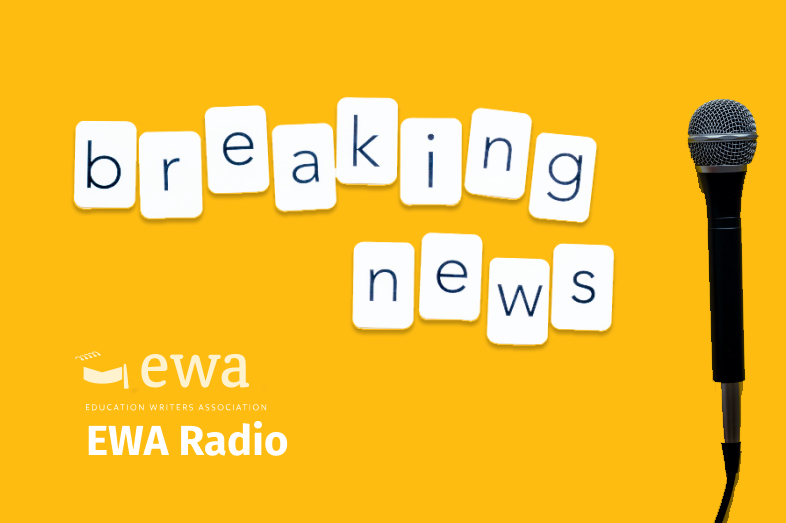
Why Is Reading Instruction So Controversial?
In award-winning documentary, APM Reports’ Emily Hanford digs into the roots of nation’s literacy challenges
(EWA Radio: Episode 181)

In award-winning documentary, APM Reports’ Emily Hanford digs into the roots of nation’s literacy challenges
(EWA Radio: Episode 181)
Across the country, the way most students are being taught to read is out of step with more than 40 years of scientific research on how children learn this essential skill. That’s the case being made in a radio documentary from APM Reports’ Emily Hanford, winner of the Public Service category in this year’s EWA Awards. Hanford describes the devastating domino effect of inadequate literacy instruction on students’ academic progress and opportunities. She also seeks to dispel popular myths about the nation’s literacy challenges, including that it’s a problem rooted in poverty. In fact, a third of struggling readers come from college-educated families. What does the preponderance of research, including recent work by neuroscientists, show about how children learn to read? If the evidence is so strong in favor of a phonics-based approach, why are the vast majority of public schools disregarding this strategy? And why is preparing educators to teach reading typically a low instructional priority at many teacher colleges? Hanford offers story ideas for local reporters around literacy instruction, as well questions to ask teachers, parents, and policymakers.
Find us on iHeartRadio, iTunes, Google Podcasts, Google Play Music, Pocket Casts, Radio.com (app only), Spotify, Stitcher, or through the RSS feed.
Your post will be on the website shortly.
We will get back to you shortly